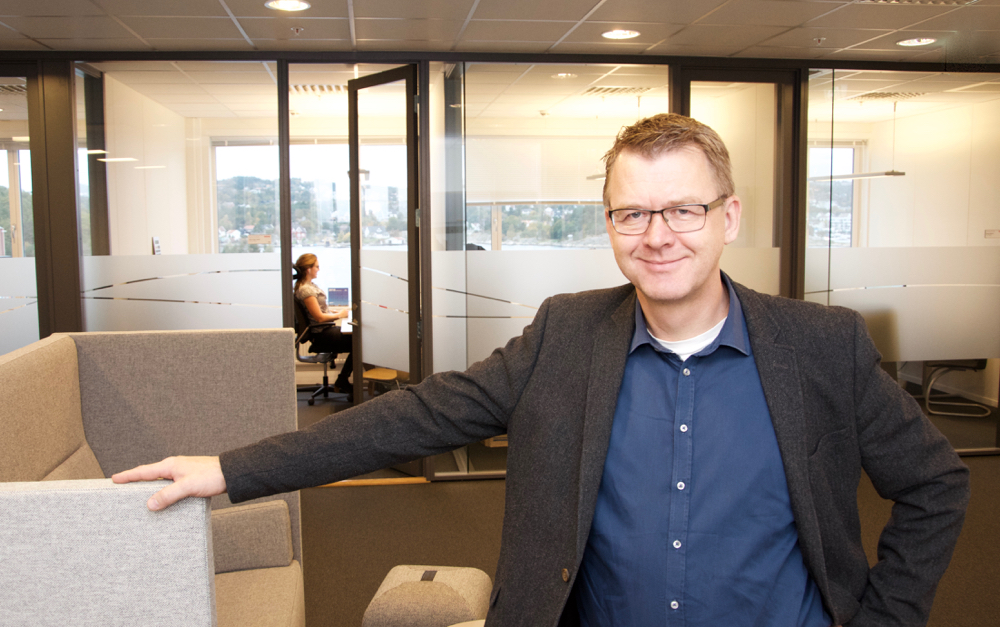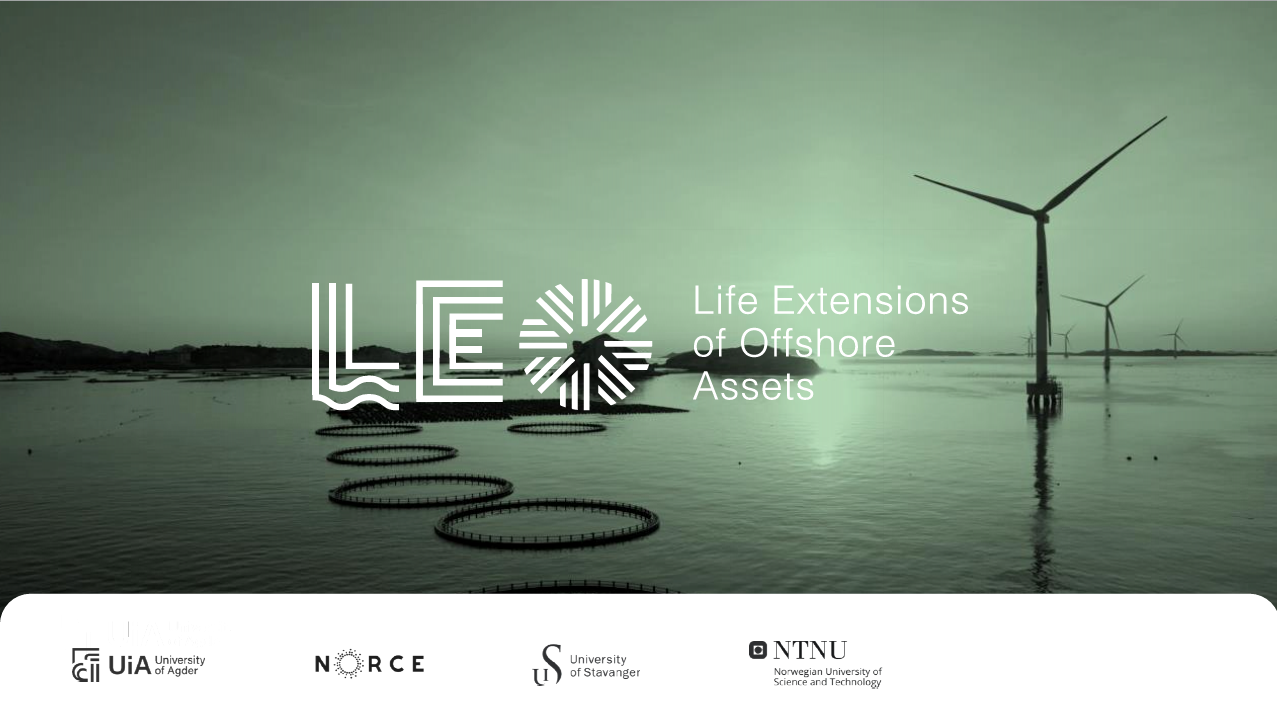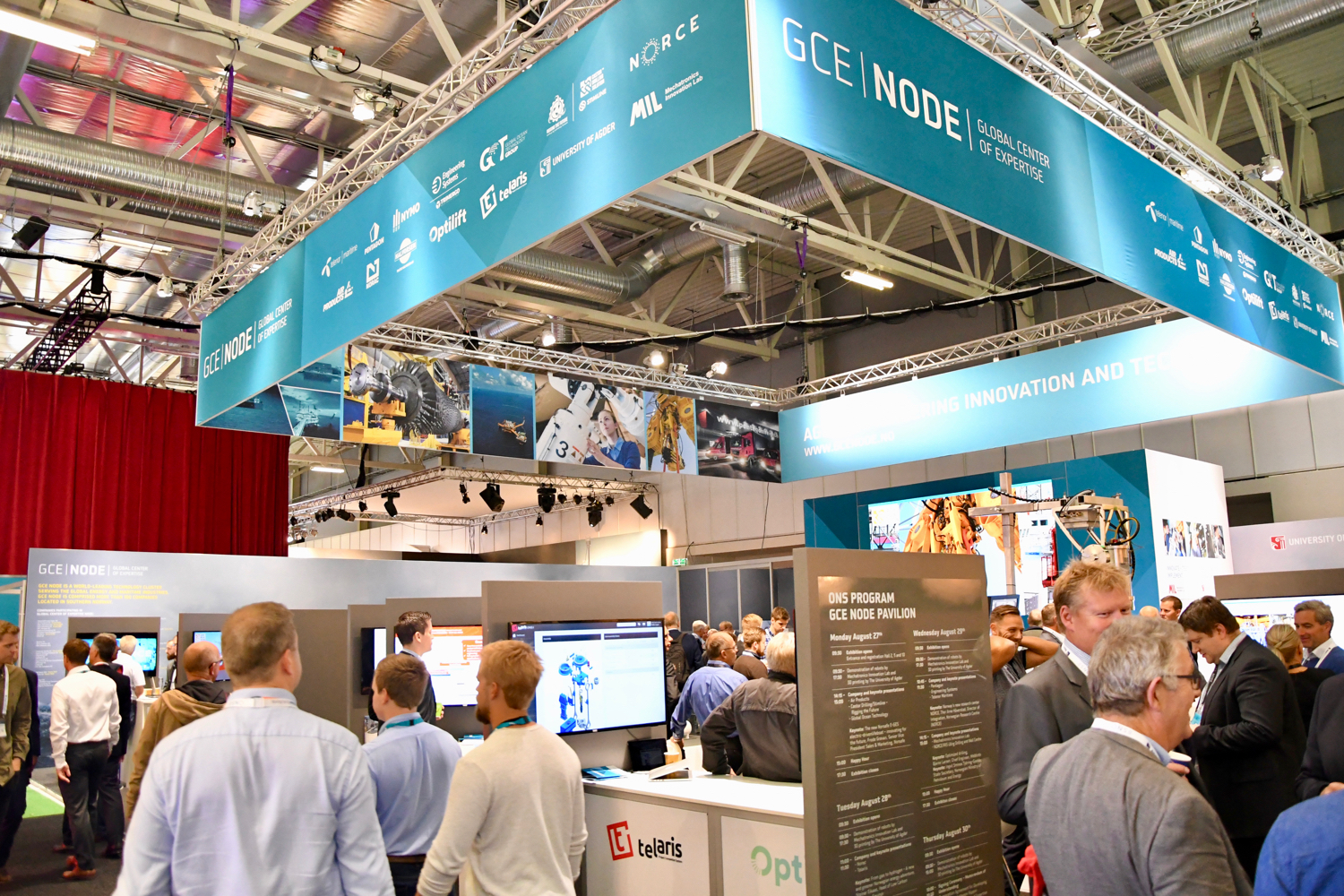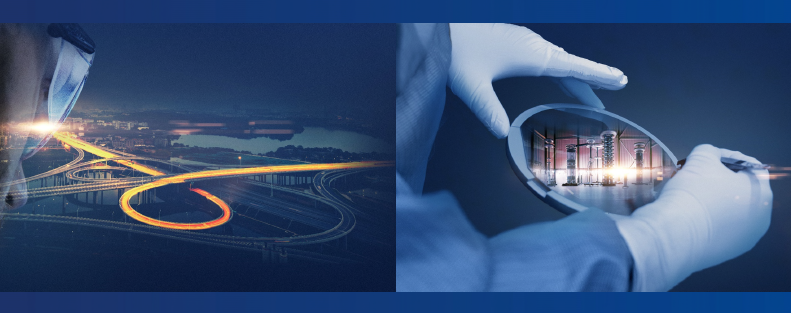“It has been a rough year with a lot of changes. In September we saw 80 valued co-workers leave MacGregor, in our largest downsizing ever. That was extremely tough, to say goodbye to people we care about, knowing they will face a very challenging job market. We have taken steps to help them move on, and as they leave, I hope we have treated them so well that they will consider coming back to MacGregor when times are better”, says Høyesen.
Like the majority in the oil and gas industry, Høyesen is also unsure as to exactly when times will be better.
“The market is still very challenging. It is not a case of us being outperformed by competitors; there is simply nothing to compete for. MacGregor’s policy is to be present in potential markets. That is why our sales team should travel as much as possible, as should I. Sales reps offices in Kristiansand and Arendal should be mostly empty”, says Høyesen.
ASIA AND HOUSTON
He sees Asia and Houston as the most important markets: “Singapore, China and Korea are currently the best places for products like anchor winches and equipment cranes. We also see a fairly strong market for mooring in Houston, where we have a permanent presence due to the high number of decision-making people located there. We are also committed to staying close to the engineering companies in Houston”, says Høyesen.
Oil service is without doubt MacGregor’s main market, but the company also focuses on the emerging offshore wind market. It is well known that MacGregor delivers the mooring solution for Statoil’s Hywind Scotland Pilot Park, and that the first 3D heave compensated crane for windmill services is already delivered and in service.
“Offshore wind is a very small market, but with great potential for growth. We need to come up with smart solutions to be competitive, which sometimes means we have to distance ourselves from the ‘oil way of thinking’. This has mainly to do with the ever increasing demand for documentation in oil and gas, that sometimes drives costs by as much as 30 percent. For decades we have worked with ship owners that operate just as safe, but without the same requirements for documentation”, says Høyesen.
INNOVATION
MacGregor recently bought Flintstone, a small British company with ten employees, which will strengthen MacGregor’s position in renewables.
“Flintstone has some really good solutions for mooring of wind mills and fish farms. Being a highly innovative company, and geographically separated from our main locations, Flintstone is allowed to focus on research and development without being interrupted by the day-to-day challenges that often interfere and distract attention from R&D”, says Høyesen and adds: “The acquisition of Flintstone is a strong signal that our owners believe in what we are doing”.
THE IMPORTANCE OF BEING PART OF NODE
As one of the major companies in the region, MacGregor is also an important part of GCE NODE, where Høyesen serves as a Board Member.
“I strongly recommend companies to join NODE. In the current market, it is even more important than before to stand together. Being part of NODE gives us a stronger voice. If I need to talk to the government, I have no access as CEO of MacGregor. However, as part of NODE and the board of NODE, I am invited to meet with ministers and high-ranking officials. NODE gives us access to the government and governmental bodies, which is extremely important in times like these”, says Høyesen.
“NODE is also involved in research and development projects that benefit the entire industry in our region by sustaining and increasing our global competitiveness. Mechatronics Innovation Lab and the Center for Offshore Mechatronics, both in close cooperation with the University of Agder, are the finest examples of this”, says Høyesen.



